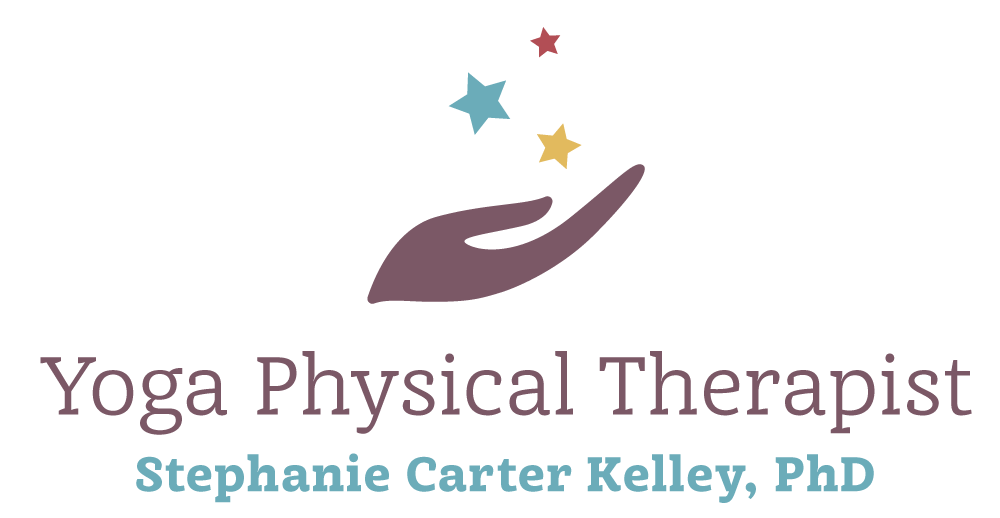Therapeutic Yoga Classes at CRMC
Week 1
If the activities in the videos below seem to difficult on any given day, give these shorter “Movement Snacks” a try:
Each class below has education about the nervous system followed by movement.
Lessons About Pain
Pain is "an unpleasant sensory and emotional experience associated with, or resembling that associated with, actual or potential tissue damage." Things to consider:
Pain is always a personal experience that is influenced to varying degrees by biological, psychological, and social factors
Pain and nociception are different phenomena. Pain cannot be inferred solely from activity in sensory neurons
Through their life experiences, individuals learn the concept of pain. They can also unlearn pain.
A person's report of an experience as pain should be respected
Although pain usually serves an adaptive role, it may have adverse effects on function and social and psychological well-being
Verbal description is only one of several behaviors to express pain; inability to communicate does not negate the possibility that a human or a nonhuman animal experiences pain
3 Type of Pain:
Nociceptive: pain comes from tissue damage (skin, muscle, soft tissue and also visceral organs)
Neuropathic: pain arises from a lesion of neurological tissues (brain, spinal cord, peripheral nerves)
Nociplastic: no evidence of tissue damage; nervous system is “sensitized” when a person believes that there is “danger” and the result is the experience of pain
Role of the Nervous System
Definitions:
Peripheral Nervous System (all nerves in the body, joints, skin, etc.)
Central Nervous System (brain and spinal cord)
Autonomic Nervous System (controls the physiology and function of vital organs)
Information from the Peripheral Nervous System re: temperature, vibration, movement, position, and pain flows up from the body into the spinal cord and up to the brain.
Neurons in the spinal cord “decide” whether to send the information up to the Brain. The Brain can only handle so much information before being overloaded.
The Brain makes sense of all of the information sent up from the body based on Memories of Past Experiences, Beliefs, Thoughts, and the current state of Mental Health.
Autonomic Nervous System scans the environment collects information about whether you are “SAFE or in DANGER”. When danger is perceived, the sympathetic nervous system responds by increasing heart rate, respiratory rate, blood pressure, tension in large muscles for fight or flight, blood glucose, and the hormones of cortisol and adrenaline; and by decreasing deep core muscle tension, digestion, sex drive and bone formation.
Nerves impulses reach a threshold to sound an alarm and send a message up to the brain. The brain determines intensity of pain using information from ALL 5 Senses.
Extra guided meditations to help focus awareness on the breath. They may help you quiet the mind, relax the body, and nurture the spirit. I hope you find them useful.
First, find a comfortable position. Any position will do: sitting in a chair, lying on the floor with legs strait or with legs up in a chair, or maybe even standing. There is no right position, it needs to be comfortable for you to rest and relax.




Body Scan Medication with focus on the Low Back and Hips
3 Part Breath
This meditation leads you through the mechanics of a natural breath. It may be difficult as people with pain change breathing patterns and restrict or hold their breath. If you find yourself struggling or becoming frustrated, just go back to your own natural breath and keep practicing.
Guided Motor Imagery
This meditation is a part of a Graded Motor Imagery program for Pain Relief
Compassion Meditation
We first need to love ourselves before we can really love others. This meditation will guide you through self love, and sharing love with others through our service, actions, expression, listening and thinking.
Comfort Yourself Meditation
I heard this meditation on episode of Oprah’s Super Soul Sunday with Thict Nhat Hahn and I was moved! When we nurture the child within, we are gentler on ourselves and can more easily find compassion.
Relax the Neck and Shoulders

